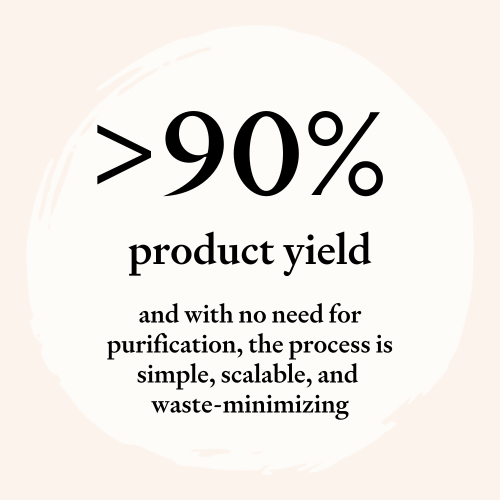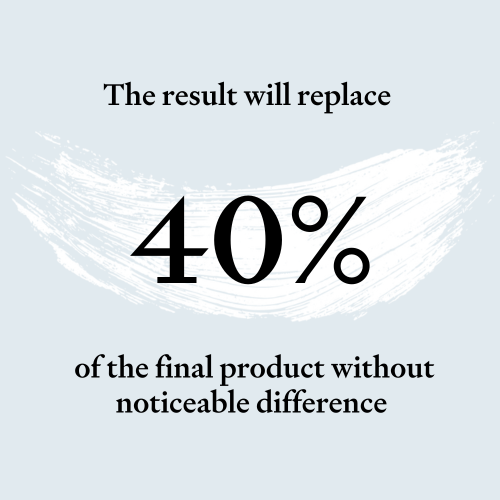No one’s giving up their morning brew, but today’s cup of coffee comes with rising costs, deforestation, and a broken model for affordability.
For decades the industry has relied on blending coffee beans with cheaper products to manage costs. The idea of “coffee extenders” isn’t new, chicory has long been used to stretch coffee supplies during shortages but the taste is just not there.
Modern consumers won’t switch to alternatives just to “do good.” Sustainability alone doesn’t cut it. To win adoption, a new coffee experience has to offer flavor, cultural resonance, and a compelling answer to the pricing crisis, all in one sip.
And it’s not just coffee. Chocolate is under siege too. Climate change, disease, and unsustainable farming practices are threatening global cacao supply, with some projections showing shortages within the next decade. Prices are already spiking, and the human cost, including child labor and deforestation, makes the current system increasingly challenging.
Sustainability alone doesn’t drive change. But offer a better experience, a bold reimagining of beloved products, and at a cheaper price and you’ve got a reason for people to switch.
Prefer’s technology recreates the essential aroma and flavor compounds that make coffee taste like coffee, without relying on traditional beans. Instead, they use fermentation to transform underused byproducts like soy pulp (Okara) or broken rice into key coffee compounds, which are key to coffee’s nutty, chocolatey profile.
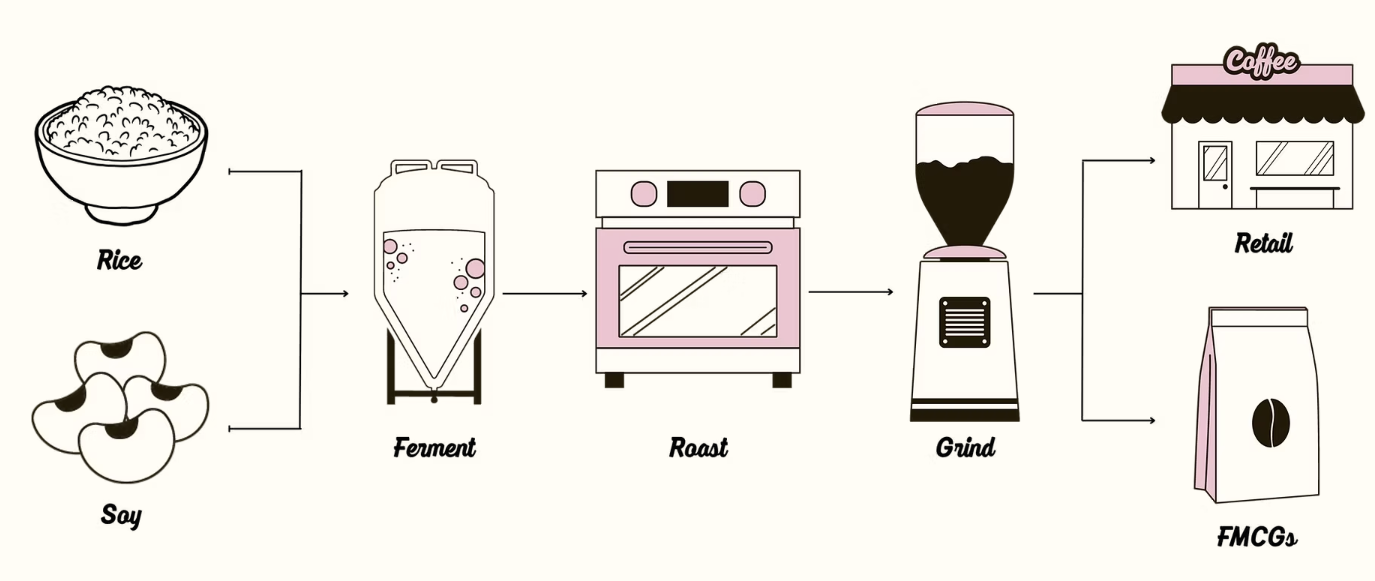
The process introduces a proprietary blend of non-GMO microbes, fungi, and yeasts. These microbes break down the raw materials, converting them into rich, aromatic compounds. Once fermentation is complete, the product is roasted to trigger mild Maillard reactions, then ground into a format that integrates seamlessly into coffee manufacturing.
With over 90% yield and no need for purification, the process is simple, scalable, and waste-minimizing.The result will replace 40% of it in a final product without noticeable difference.
Prefer’s system is designed for scale using off-the-shelf fermentation tanks (similar to beer brewing), and production is already underway at 3,000-liter scale. Flavor flexibility is built in: through feedstock choice, microbe blends, and roast levels, allowing Prefer to extend their process to other flavors like cacao and hazelnut.
By transforming low-cost, abundant byproducts into high-value, craveable ingredients, Prefer offers a scalable, sustainable, and cost-effective alternative to increasingly volatile commodity crops.
Building on their innovative fermentation process, Prefer is rapidly approaching cost parity with conventional coffee. At their current 10-ton/month production scale, Prefer’s cost is already competitive within the $6–13/kg market range for traditional coffee.
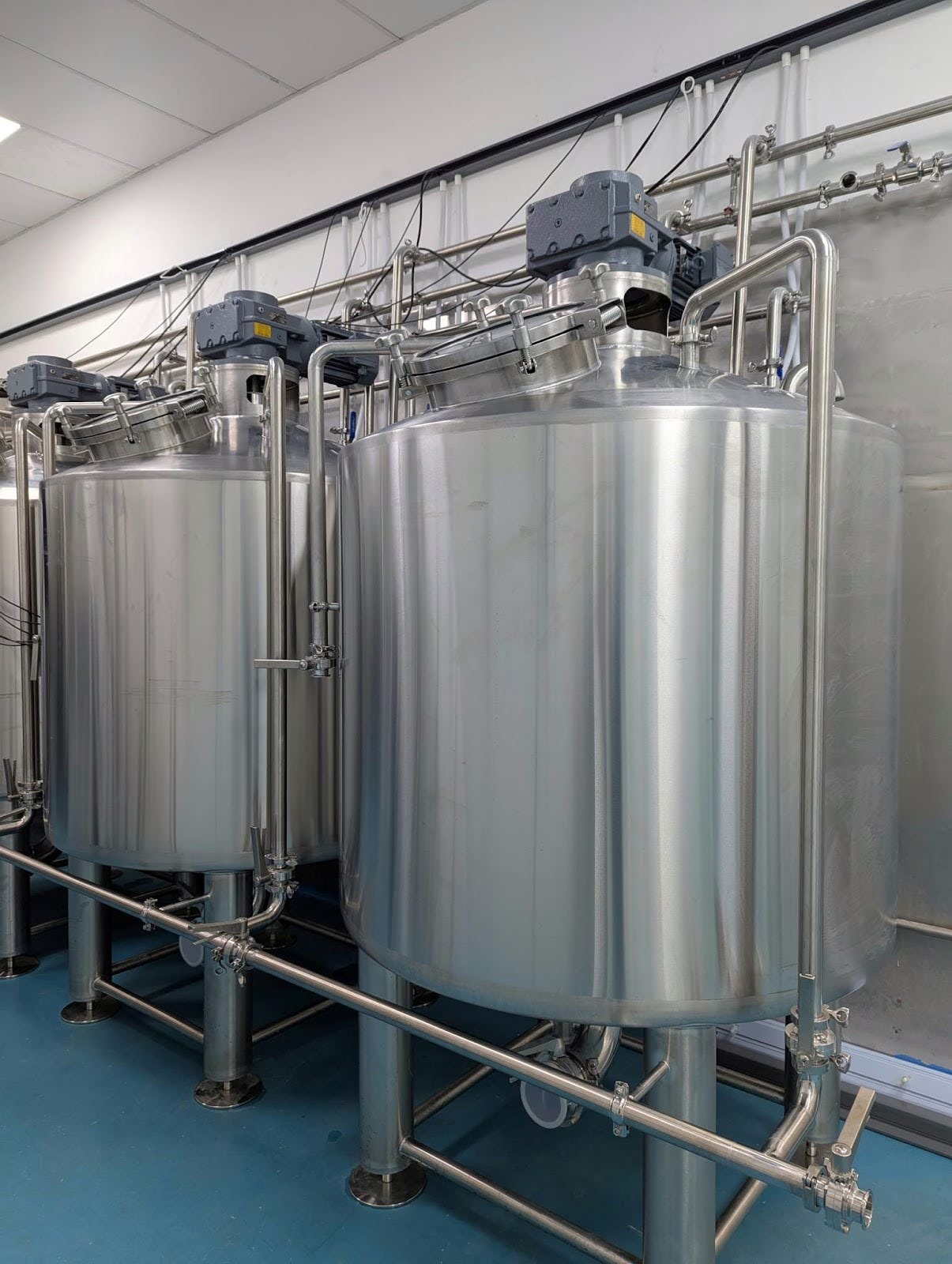
Significant cost reductions are on the horizon as Prefer plans to move production from Singapore to Southeast Asia, targeting locations like Thailand. This shift will lower labor and energy expenses. Economies of scale, bulk ingredient purchasing, and simpler equipment choices like conventional ovens further drive down expenses.
Prefer is developing their products to scale, focusing on large supply feedstock and using existing equipment.
Coffee’s global carbon footprint is significant, averaging around 13 kg CO₂e per kilogram, driven largely by agricultural inputs and deforestation linked to expanding farmland.
Prefer’s innovative use of upcycled byproducts, like okara, leverages materials that would otherwise be wasted or used as animal feed. This approach significantly reduces their carbon footprint to approximately 4.2 kg CO₂e per kilogram, far less than that of traditional coffee.
By substituting even a fraction of conventional coffee and chocolate with Prefer’s fermented products, the industry could reduce demand for land-intensive coffee and cacao farming, curbing deforestation and lowering overall emissions.
With coffee and chocolate markets growing steadily, even a 5% annual displacement could translate into substantial environmental benefits, making Prefer not just a sustainable choice but a vital part of the solution to these commodities’ climate challenges.
The global coffee market is projected to reach $300–473B by 2025, growing at 5.4% CAGR. Prefer targets a 50% inclusion rate alongside traditional coffee, making their total addressable market ~$235B for coffee alone. This excludes adjacent categories like instant coffee ($16–42.5B) and ready-to-drink coffee ($36B).
Prefer has over $15M in MOUs for their coffee alternative and is focused on B2B partnerships with FMCGs and regional chains. Prefer’s use of upcycled and food-safe inputs simplifies regulatory pathways in key Asian markets where early traction is already underway.
Jake, co-founder and CEO, leverages past foodtech lessons with a scalable, asset-light strategy; while DJ, co-founder and CTO, is already recognized as a rising star in fermentation innovation.
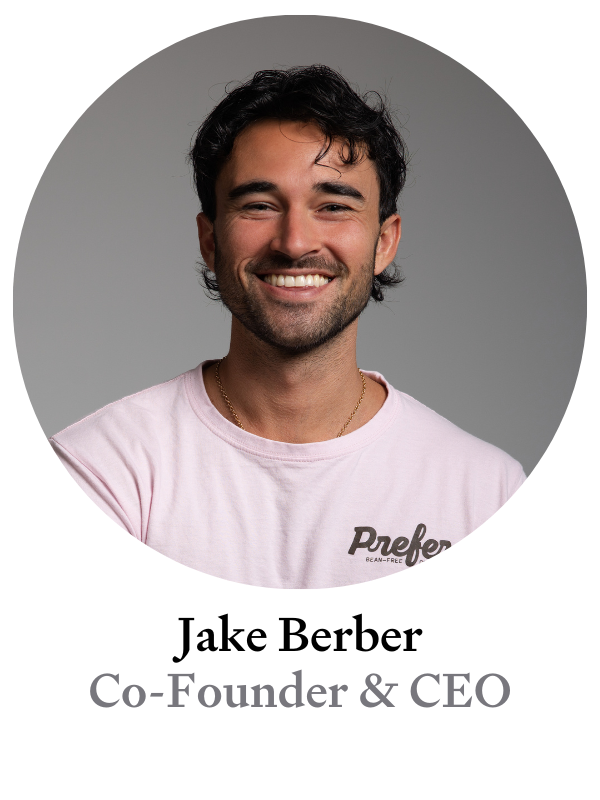

“We’re in the early stages of a food system transformation, one that decouples beloved consumer products from environmentally harmful supply chains,” says Helen Lin, Partner at At One Ventures and board member at Prefer.
“Our investment in Prefer reflects both the urgency of reducing our food system's agricultural footprint and our conviction in this team’s ability to deliver a sensory-equivalent experience with radically lower environmental impact, all while driving cost savings for customers. By reducing the need for commodity coffee and cacao farming, Prefer is enabling a future where taste and climate alignment can go hand in hand.”

